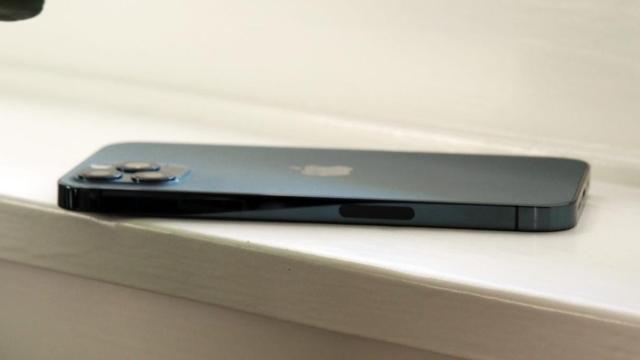Apple and T-Mobile keep flip-flopping over who is to blame for the iCloud Private Relay being unavailable and now the Cupertino tech giant has updated its notice to users with one crucial change.
But first, here’s how it all went down. Earlier this week, reports claimed T-Mobile was blocking Private Relay, Apple’s in-beta privacy feature, from certain users. Those who were affected — a seemingly small group of T-Mobile customers — were shown a notice by Apple that claimed the feature was “turned off for your cellular plan” and warned they could therefore be monitored by the carrier.
Here is the full message:
“Private Relay is turned off for your cellular plan. Your cellular plan doesn’t support iCloud Private Relay. With iCloud Private Relay turned off, this network can monitor your internet activity, and your IP address is not hidden from known trackers or websites.”
Various news outlets proposed T-Mobile was intentionally disabling the feature and theorised that only some customers couldn’t access Private Relay because the carrier was gradually rolling out an update to block it. However, a leaked document published by The T-Mo Report proved otherwise, showing that only T-Mobile customers with certain content filtering and blocking features, like Web Guard, can’t use Private Relay because the feature bricks those services.
T-Mobile confirmed the conflict between Apple’s feature and its filtering services in a statement to us, and the telecom emphasised that it had not “broadly blocked” iCloud Private Relay.
“Customers who chose plans and features with content filtering (e.g. parent controls) do not have access to the iCloud Private Relay to allow these services to work as designed. All other customers have no restrictions,” a T-Mobile representative wrote in an email.
You’d think this would mark the end of the ordeal, but then T-Mobile went on to blame iOS 15.2, claiming “some device settings default to the feature being toggled off.”
Apple fired back, telling MacRumors that while “no carrier partners have blocked their users from taking advantage of Private Relay,” the Cupertino tech company didn’t make any changes to iOS 15.2 that would toggle the VPN-like security feature off. It also updated its message to users, adding the possibility of the feature simply being toggled off, not blocked altogether.
“Private Relay is turned off for your cellular plan. Private Relay is either not supported by your cellular plan or has been turned off in Cellular Settings. With Private Relay turned off, this network can monitor your internet activity, and your IP address is not hidden from known trackers or websites.”
T-Mobile then issued a revised statement, backtracking on the previous one about iOS 15.2 being the culprit.
“We wanted to update what we shared earlier. Apple doesn’t change customers’ settings when they update to iOS 15.2. Customers may see an error message if they previously toggled iCloud Private Relay or Limit IP Address Tracking off in their Cellular Data Options Settings,” the statement read.
So then, it appears users either manually toggled the feature off (which sounds like more blaming) or it has to do with Limit IP Address Tracking. Whatever the case, enabling the feature should be as easy as flipping the toggle on in the setting menu — that is, unless you’re signed up to a content filtering service, which might block the feature outright.
Apple updated its support page with instructions on how to turn on the feature and recommends toggling on Limit IP Address Tracking preferences in WiFi, Cellular Data Options, or Network Settings in order to use the feature on a specific network.
While the air around this issue has been mostly cleared, Apple’s iCloud Private Relay is not sitting well with carriers. As a reminder, the iCloud+ feature moves your web traffic requests through encrypted VPN-like filters so nobody — not even Apple — can see your internet traffic. It is really meant to protect you from ISPs or websites that might use your DNS records and IP address to generate profiles on you and serve targeted ads.
Carriers don’t like the idea of your data being hidden from them, and several major players in the EU, including Vodafone, Telefonica, and T-Mobile, published an open letter claiming Apple’s new privacy feature would hinder their ability to manage networks and infringes upon EU “digital sovereignty.”
